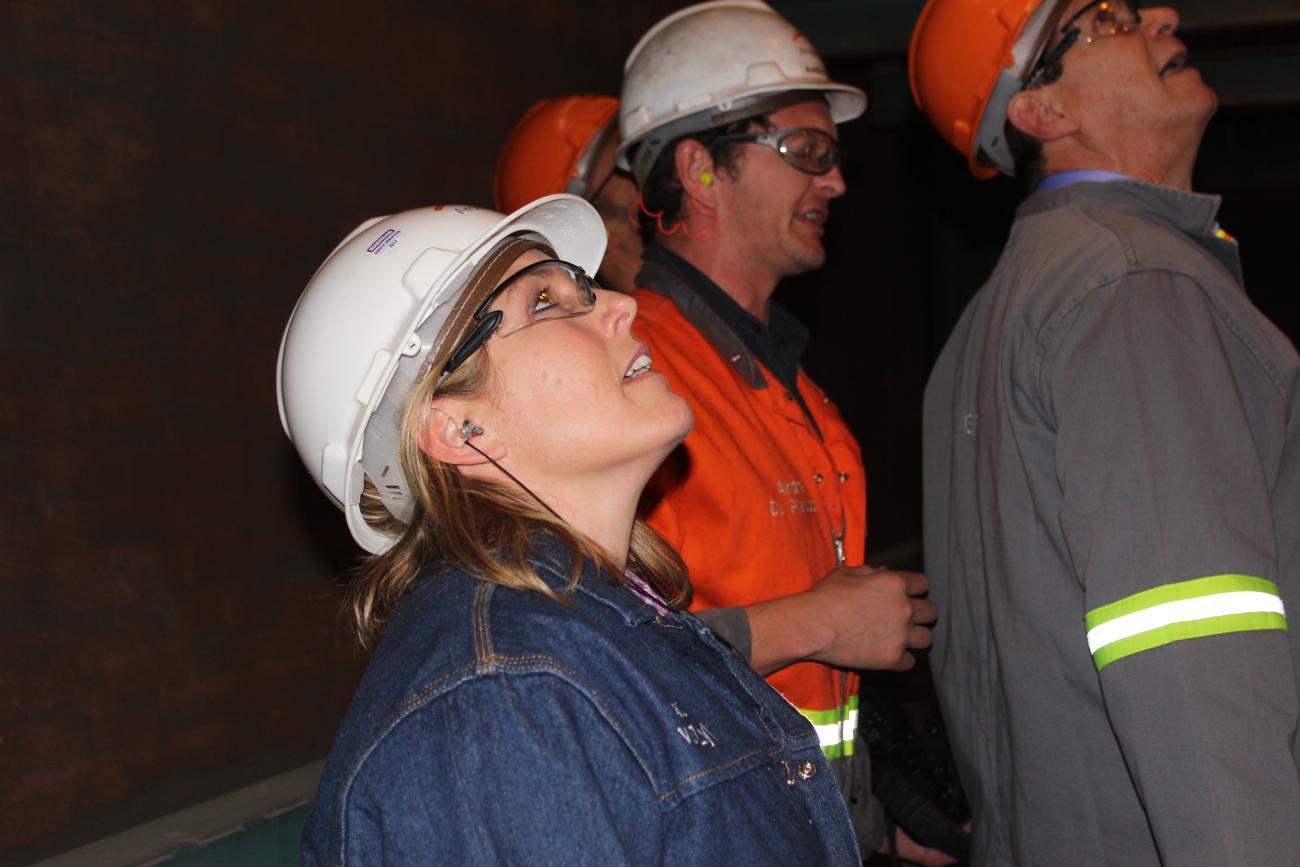The United Nations Industrial Development Organization (UNIDO) in South Africa hosted a webinar on 2 December 2020 to celebrate Africa Industrialization Day (AID). The virtual event, under the theme “Inclusive and Sustainable industrialization in the Africa Continental Free Trade Agreement (AfCFTA) and Covid-19 era”, was attended by more than 50 representatives from government, private sector, research institutions and academia.
This year’s celebrations provided a renewed opportunity to re-affirm the commitment of African Union member states and the international community towards accelerating the inclusive and sustainable industrial development of the African continent.
In delivering the keynote address at the webinar, UNIDO Representative and Head of the Regional Office for Southern Africa, Mr. Khaled El Mekwad, said: “These celebrations presented a unique opportunity to consolidate the continent’s vision to build a self-resilient, self-reliant Africa, the Africa we want, using the platform of continental economic integration.”
Prof. Faizel Ismail, Director of the Nelson Mandela School of Public Governance, mentioned the role of the four pillars of developmental regionalism in the industrialization of Africa. “We need to catalyse a virtuous circle of regional trade integration, transformative industrialization, cross-border infrastructure, democracy, good governance, peace and security across the continent,” he explained. He also pointed out that solidarity and Ubuntu were essential values for the success of the AfCFTA.
Ms. Julie Wells from the National Cleaner Production Centre South Africa (NCPC-SA) highlighted the importance of committed partnerships for successful industrialization by sharing the history and impact of the NCPC-SA over the past 18 years as a case study. The NCPC-SA was established in 2002 in a partnership between the CSIR, UNIDO and the Department of Trade, Industry and Competition, with other partners coming on board to provide funding, specific skills and expertise.
Drs Peter Klein and Peter Mukoma from the CSIR Energy Centre provided practical examples of the types and level of technologies required for the industrialization of Africa, and the implications of these for skills and capacity development. The discussion also highlighted the need to pay particular attention to future skills, and embrace complexity and experimentation.
Mr. Mandla Dlamini from CSIR Materials and Methods highlighted the need to ensure that the expansion of offerings in to Africa does not increase the carbon footprint of the continent, using the example of green cement to illustrate good practice.
Also speaking at the webinar, Mr. Levy Maduse from UNIDO explained that the AfCFTA opens up opportunities for African countries to diversify away from commodity dependency towards increased intra-African trade in manufactured goods. “This structural transformation has the potential to facilitate quicker recoveries of African economies, most of whom are currently undergoing a recession triggered by the COVID-19 pandemic,” he said.
A short video illustrating UNIDO’s intervention during the COVID-19 pandemic, as part of the emergency response plan of the UN in South Africa was projected.








